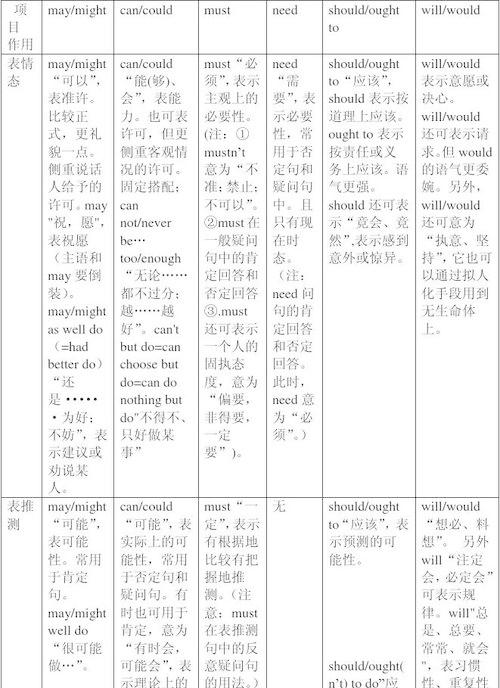英语中的虚拟语气用于表达假设、愿望、建议或怀疑等情况,常用的引导虚拟语气的动词有12个,包括“wish”、“if only”、“suppose”、“imagine”、“suggest”、“demand”、“insist”、“recommend”、“propose”、“advise”、“urge”和“be afraid”。虚拟语气的使用需要根据具体情况,不能随意使用。

-
Wish:表示希望或遗憾,常用于过去时态,如“I wish I had studied harder for the exam”(我希望我曾经更努力地学习考试)。
-
If only:与wish相似,表示强烈的希望,如“If only I could speak fluent French”(要是我能讲流利的法语就好了)。
-
Suppose:表示假设或猜测,如“Suppose he doesn’t come to the party, what will we do?”(如果他不来参加聚会,我们该怎么办呢?)。
-
Imagine:表示想象或假设,如“Imagine you had won the lottery, what would you do?”(想象一下,如果你中了彩票,你会怎么做?)。
-
Suggest:表示建议或暗示,如“I suggest that he be given a second chance”(我建议给他第二次机会)。
-
Demand:表示要求或命令,如“He demanded that she apologize to him”(他要求她向他道歉)。
-
Insist:表示坚持或强调,如“She insisted that she had done nothing wrong”(她坚称她没有做错任何事)。
-
Recommend:表示推荐或建议,如“I recommend that you see a doctor about your illness”(我建议你去看医生治疗你的疾病)。
-
Propose:表示提议或建议,如“He proposed that we have a meeting next week”(他建议我们下周开会)。
-
Advise:表示劝告或建议,如“I advise that you take a break and rest”(我建议你休息一下)。
-
Urge:表示敦促或催促,如“She urged that we leave early to avoid traffic”(她敦促我们早点出发以避免交通拥堵)。
-
Be afraid:表示担心或恐惧,如“I am afraid that I cannot attend the party”(恐怕我不能参加聚会)。

